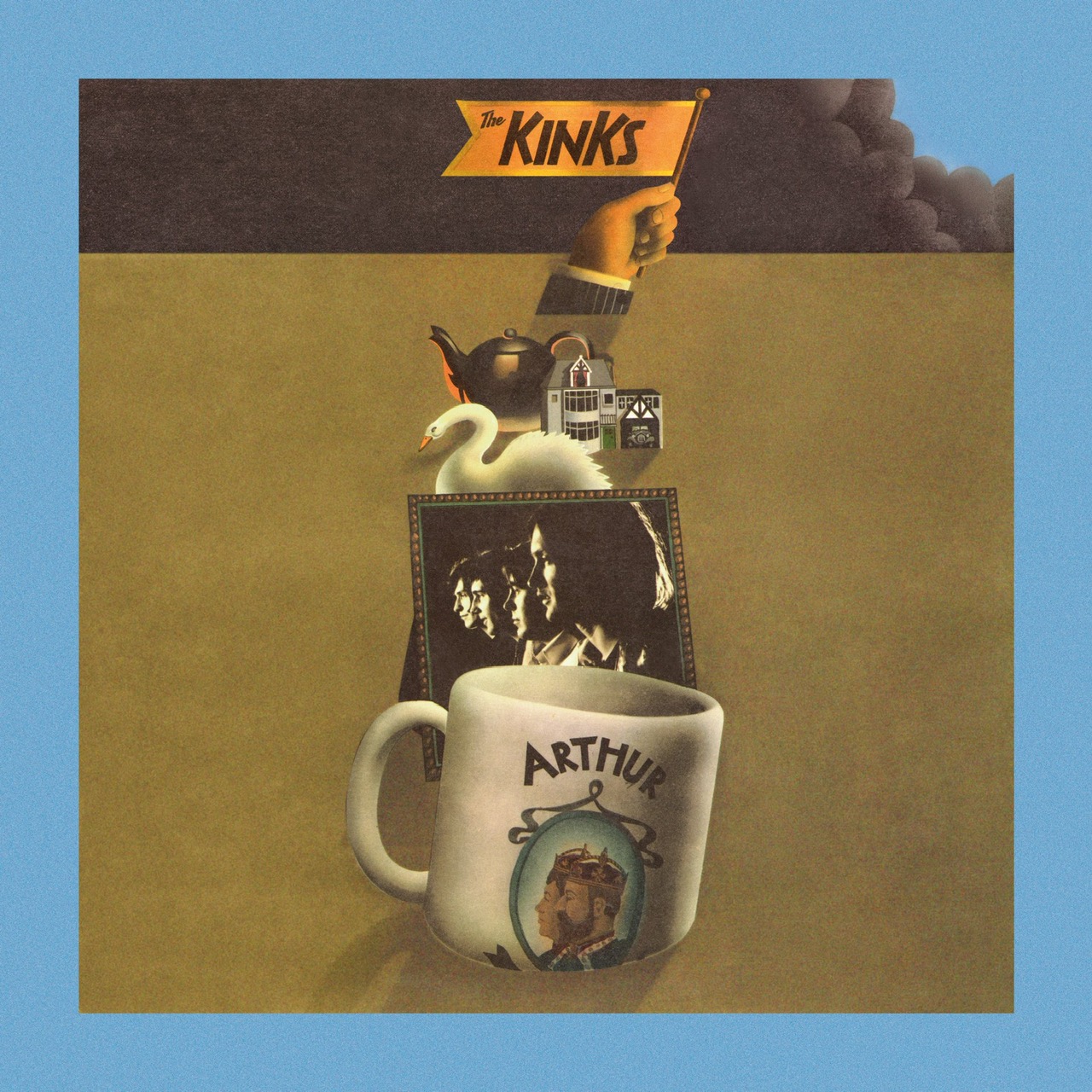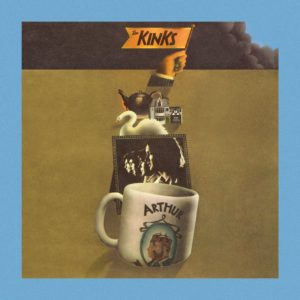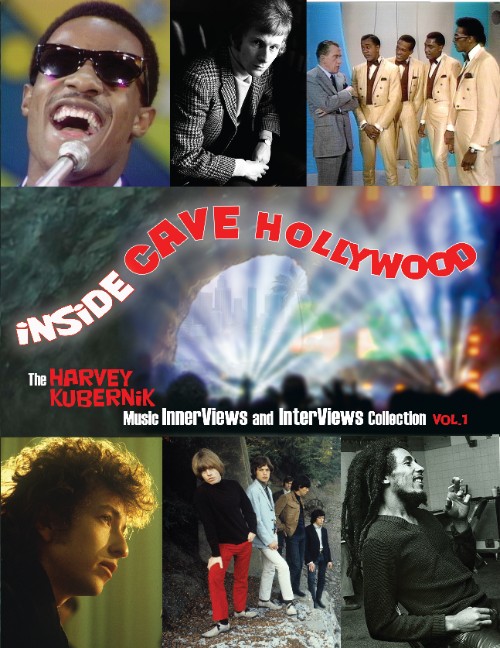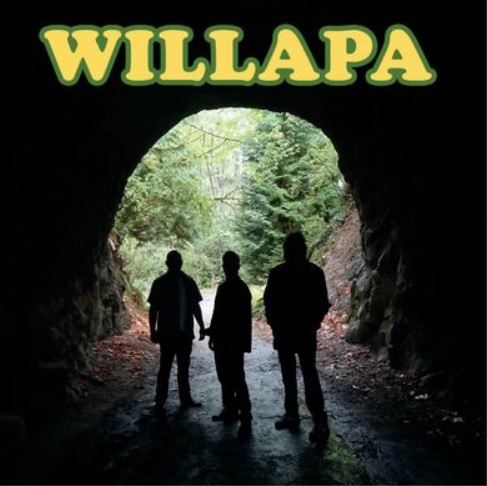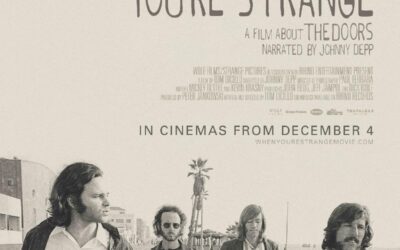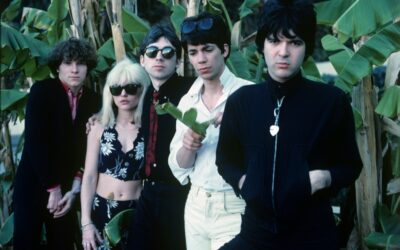50th Anniversary Edition Now Out on BMG & ABKCO Formats: Deluxe Box Set, 2LP, 2CD & Digital
By HARVEY KUBERNIK © 2019
To mark its 50th anniversary, The Kinks today announce a special release of Arthur Or The Decline And Fall Of The British Empire released
last October 25th on BMG & ABKCO, the Kinks 7th studio album is one of the greatest rock albums ever made, a near perfect example of Ray Davies’ incredible storytelling ability in what was an innovation in 1969: a concept album. It’s also poignant that a record based on the story of emigrating from the UK around its potential to enter the Common Market should hit its 50th anniversary right now. With Brexit on the horizon, the themes of Arthur ring alarmingly familiar.
Arthur received unanimous acclaim on its release. Each of its 12 original album tracks is an absolute gem and all perfect examples of Ray Davies’ intrinsic ability to weave a story around a song. In what was a golden period for the Kinks, Arthur followed another classic, The Kinks Are the Village Green Preservation Society when it was released on October 10th 1969.
In the midst of the Arthur sessions, studio time was devoted to completing tracks for Dave Davies’ proposed solo album. The idea had progressed in staggered intervals since the initial success of Dave’s 1967 single, “Death Of a Clown” but, ultimately, never reached completion.
“One of the reasons the album wasn’t finished was because I felt The Kinks’ management and record company were forcing me too much,” Dave reflects. “I felt very comfortable being in The Kinks and it seemed fulfilling to be part of a band. I didn’t really want for more. I couldn’t see the point.”
Ray says; “Hearing Dave’s songs again after all this time, I found them quite moving because they were like the back story of what The Kinks were going through at the time.”
Reprise eventually scrapped the release by September 1969 and over the years, Kinks fans continued to obsess as to what Dave’s album – which some referred to as “A Hole In The Sock Of,” a working title Ray had jokingly thrown to a music journalist – might have contained.
Included in this anniversary edition are 4 CDs comprising of 81 tracks in total, 5 of them unreleased and 28 previously unreleased versions. These include 2019 newly remastered versions of the original album from HD sources (in its original track listing), mono and stereo single versions, B-sides, alternate mono and stereo mixes, rehearsal tracks, BBC mixes and the lost Dave Davies’ solo album, with bonus tracks.
It also includes Ray Davies’ compiled medley of unreleased demo tracks, 2 new recordings of Ray Davies with The Doo Wop Choir, “Arthur & The Emigrants” including one previously unreleased track, 3 previously unreleased “The Come Dancing Workshop Ensemble” tracks, and new Ray Davies remixes of “Australia” and “Shangri-La.”
A 68-page softback book has also been included, featuring extensive essays by world-renowned Kinks experts, original cancelled Arthur play co-scriptwriter Julian Mitchell, and original album sleeve designer Bob Lawrie. There are also new interviews with Ray Davies, Dave Davies and Mick Avory, as well as band photos, original release international cover artwork and printed memorabilia.
Four 7″ singles from the album can also be found – “Drivin,” “Victoria,” “Shangri-La” & “Hold My Hand” (Dave Davies solo) – all reproduced with original international artwork. Finally, a bespoke, exclusive, metal & enamel Kinks logo pin badge is included for fans to wear.
While devouring my 4 CD box set of Arthur, I asked some several longtime Kinks fans and collectors about discovering and hearing Arthur in 1969 in Southern California.
The Kinks’ Arthur or the Decline of the British Empire may be the great overlooked rock gem of 1969, at least in the UK division,” offers English and Literature Prof. James Cushing of Cal Poly San Luis Obispo.
“Recorded before Townshend’s Tommy but released several months later, Ray Davies’ Arthur tells another kind of narrative, a humble and realistic story of generational succession, imperial decline, and small lives lived inside large ironies. The tunes are catchy in a pop-rock way (“Victoria,” “Australia”), but the total impression has more to do with musical theatre than Woodstock. What a pity that the deal with Granada TV fell through! The songs would have at least gotten showcased in England. In the US, Arthur came out the same month as Abbey Road and the Rolling Stones US tour, so was largely ignored. Today, we can hear it doing everything Tommy does, only better, without the metaphysics, and on a lean single LP instead of a puffed-up double.”
“If you can listen to ‘Shangri-La’ on the Kinks’ Arthur and not be moved to ironic weepiness, you are made of sterner stuff than me,” suggests graphic artist and photographer, Heather Harris.
“It’s as timeless as Hogarth, Dickens, Daumier or any great depicters of the despair yet resignation of the working classes, and as empathetic and utterly devoid of mockery as these greats as well…
“In 1969, The Kinks were grudgingly allowed back into the U.S. to ply their trade, and their label Warner Bros. promptly lit the fuse for all out celebration, recognizing Arthur as the masterpiece it is. Promotion erupted everywhere like happy fireworks, and set the stage for later, huge American commercial success of this most British of bands.
“On staff was rock writer John Mendelssohn who wore the mantle of Kinks Kronikler, and whom I accompanied to San Francisco for that city’s debut of the Arthur-playing Kinks at The Fillmore.
I was fairly young and almost overwhelmed. I remember dining in my first 5-star restaurant with the WB promotional dept., and translating the menu’s ‘grenouille’ and ‘champignons’ into English for them (frog and mushrooms if you must know.)
“I remember traveling ensemble with staff and band bar-hopping back in Hollywood, where both Ray Davies and I were ejected, he for no identification, me for being under-aged. And I remember playing Arthur over and over again in my dormitory room since it gets better with each listening, much to the consternation of a particular roommate. The Kronikler observed that every song on that album, no matter if it starts slowly, ends in a rollicking, hard rock drive, thanks to Dave Davies’ guitar and crew.
“God Save The Kinks, proclaimed the promotional kit. Just be joyful that he or she has…”
“Record collecting in the early-Seventies suburbs of Toronto could be quite the daunting task …and then some,” admits Kultist-since-‘You Really Got Me’ Gary Pig Gold. “Especially when one had severely limited time delivering newspapers and supermarket fliers between classes with which to raise much-needed vinyl funds. That is until, sometime circa the ink drying on the Kinks’ original RCA contract, a branch of the famed Sam The Record Man retail franchise opened within my hometown’s very first state-of-the-art shopping mall a mere mile or two up the highway.
“It was in said store’s bountiful delete bins that I soon unearthed many domestic and foreign treasures of the 12-inch, budget-friendly $1.90 variety; everything from Gerry and the Pacemakers and the Godz to a whole whack of enticingly titled (though extremely crummily packaged) Golden Hour long-players from Pye UK. Yes, Golden Hour of The Searchers – still a Fab Favourite of mine to this day, by the way – a cool comp called Golden Hour of Skiffle …and then one momentous afternoon a jam-packed, 20-song (10 to a vinyl side!) fidelity-be-damned collection entitled, yep you guessed it, Golden Hour of The Kinks.
“Needless to say with its fine fun array of Sixties A-sides and even ‘Sittin’ On My Sofa’ tossed in for some inexplicable reason, these here sixty gold minutes immediately sent me scouring Sam’s shelves each and every Saturday for other conveniently kut-out Kinks. Sure enough, a freshly discontinued Lola Versus Powerman soon showed up (once home, I remember delicately filling its punch-out hole in with white Elmer’s glue) and then, discographically working backwards as it turned out, the Kinks-de-résistance: a still-factory-sealed – without punch-hole this time – complete with Queen Victoria lyric sheet pullable out of its kangaroo gatefold pouch copy of Arthur or the Decline and Fall of the British Empire.
“Now, certain tracks such as ‘Shangri-La’ I had already met during the afore-mentioned Golden Hour, while ‘Victoria’ instantly brought back extreme fond memories of its too-brief skirt earlier up my local CHUM-AM Top 30 Survey. Plus, looking back, one may also detect deep in its grooves hints of R. D. Davies song stylings to come: ‘Mr. Churchill Says’ could very well be the socio-musical flipside of Preservation‘s Flash, while I do like to imagine Princess Marina’s hat an integral part of Soap Opera‘s ‘Holiday Romance.’ But Arthur‘s entire 49 minutes did then, and to this day continues to hold together most seamlessly, plotfully, and dare I say even cinematically (come to think of it, didn’t this entire production start life as a proposed Granada Television extravaganza?) In fact, it was my first exposure to what became known as the dreaded Concept Album …a concept which, quite thankfully, my young ears were not in any way yet aware of back in the days of my weekly Delete Zone explorations.
“Fifty full years later however I still find myself visiting dear Arthur on a regular basis, while ruminating – as I have to bet both Davies brothers do – their downright prescience vis-a-vis the present-day 2019 decline of their beloved British Empire. So then? God Save The Kinks …not to mention plain simple men and women everywhere. Don’t ya know it, don’t ya know it.”
“The Kinks were very much a one-sided love affair,” explains author/publisher Tosh Berman Tam Tam Books.
“None of my friends cared for them or barely paid any notice to their music. My interest in The Kinks dropped when Something Else came out in 1967. I knew ‘Waterloo Sunset,’ because that was on the radio, but here in the United States, they didn’t exist anymore. It was only out of curiosity than say a passion that I bought Village Green at my local record store on Topanga Canyon Boulevard. This unloved album, which no one knew at the time, hit me on a very personal level. I think it’s the first album I heard as a teenager that I felt that sense of loss or emotional turmoil. Arthur came out a year later, and I remember my parents bought it for me as a Christmas present. My first hearing of the album was that Christmas morning in 1969. Arthur to me to this day, is a Christmas album.
Still, I remember my first reaction to the songs such as ‘Yes Sir, No Sir,’ and ‘Victoria.’ It was the Village Green, but even a more sad state of affairs.
“There is something about Ray Davies’ voice being the everyday English bloke that for me as an American was a total exotic taste. I was very proud of England. Although I’m an American, it was the fantasy of an England that existed in my head, but in actuality didn’t exist for me. I feel that Ray feels the same way. It’s an England imagined. Knowing reality is around the corner makes this album a profound listening experience then and still today.”
Harvey Kubernik is the author of 15 books. His literary music anthology Inside Cave Hollywood: The Harvey Kubernik Music InnerViews and InterViews Collection Vol. 1, was published in December 2017, by Cave Hollywood. Kubernik’s The Doors Summer’s Gone was published by Other World Cottage Industries in February 2018. It’s been nominated for the 2019 Association for Recorded Sound Collections Awards for Excellence in Historical Recorded Sound Research.
During November 2018, Sterling/Barnes and Noble published Kubernik’s The Story of The Band From Big Pink to the Last Waltz.
In 2019, The National Recording Registry at the Library of Congress in Washington, D.C. have asked Harvey Kubernik to pen an essay on the landmark The Band album, now celebrating a 50th anniversary edition in 2019. The National Recording Registry is an annual list from the Library of Congress.
In 2006 Kubernik spoke at the special hearings initiated by The Library of Congress that were held in Hollywood, California, discussing archiving practices and audiotape preservation.
Kubernik’s 1995 interview, Berry Gordy: A Conversation With Mr. Motown appears in The Pop, Rock & Soul Reader edited by David Brackett published in 2019 by Oxford University Press. Brackett is a Professor of Musicology in the Schulich School of Music at McGill University in Canada.
Harvey joined a distinguished lineup which includes LeRoi Jones, Johnny Otis, Ellen Willis, Nat Hentoff, Jerry Wexler, Jim Delehant, Ralph J. Gleason, Greil Marcus, and Cameron Crowe.
Kubernik’s 1996 interview with poet/author Allen Ginsberg was published in Conversations With Allen Ginsberg, edited by David Stephen Calonne for the University Press of Mississippi in their 2019 Literary Conversations Series.
Harvey is featured in the 2014 book by Jeff Burger on Leonard Cohen Interviews and Encounters for Chicago Review Press. During 2015 the University Press of Mississippi published a Harvey Kubernik interview with D.A. Pennebaker in their book series, Conversations with Filmmakers, edited by Dr. Keith Beattie.
This century Kubernik wrote the liner note booklets to the CD re-releases of Carole King’s Tapestry, Allen Ginsberg’s Kaddish, Elvis Presley The ’68 Comeback Special and The Ramones’ End of the Century.
During 2019 Harvey Kubernik is serving as a Consultant on a new 2-part documentary on the musical legacy of Laurel Canyon. Alison Ellwood is directing the documentary who helmed the authorized History of the Eagles. Executive produced by Frank Marshall, The Kennedy/Marshall Company; Darryl Frank and Justin Falvey, Amblin Television; Craig Kallman and Mark Pinkus, Warner Music Group; Alex Gibney, Stacey Offman and Richard Perello, Jigsaw Productions; and Jeff Pollack. The film is produced by Ryan Suffern, The Kennedy/Marshall Company, and Erin Edeiken, Jigsaw Productions. Broadcast date is first quarter 2020 on EPIX Television.

